Kindling the Warmth of Shinnyo in One’s Heart
Nicolas Simonet
April 25, 2022

Hello, my name is Nicolas Simonet. I started practicing Shinnyo Buddhism in June of 2000 while I was living in Japan. Although I was going to the temple regularly my practice lacked something, and I think that as the years went by it became like an exotic hobby of some kind. The temple was a pleasant place to go—I felt at ease and met some nice people—but I took in the teachings I heard there in an intellectual way, and tried to remember them so that I could bring them up in conversation later. I didn’t really try to apply them and make them part of me through simple, concrete actions in daily life.
From sesshin meditative training I was getting the message that I needed to connect to others more with my heart, but it was hard for me to figure out how to do that. Looking back, it’s clear that the spiritual source of that guidance tried very hard to present things in a way that spoke to me. For instance, when I was working as an engineer on a project related to electronics, I received sesshin words describing an image of a powerful electronic circuit that couldn’t work well because the wiring between the components and the central microprocessor—in other words, the heart—was so frayed and worn that the current couldn’t flow properly.
In my case, my intellectual approach to practice had bred in me a certain arrogance. I tended to think that being a practitioner of Shinnyo Buddhism somehow made me superior to others, and I knew things they didn’t. Subconsciously, I felt justified in imposing my point of view during discussions, especially with those closest to me. This tendency manifested especially with my wife, who’s not a practitioner. I would insist on many points that my view was definitive, and she would just have to accept it even if she wasn’t convinced. As a result, she often felt belittled or put down.
Three years ago, which was a few years after we had returned to France, we went through a serious crisis in our relationship. It happened quite suddenly. I realized then that what was happening was largely due to the accumulation over the years of my many small mistakes and repeated instances of being blind to my wife’s feelings. With this realization, I decided to assume my full share of the responsibility and make every effort to work on what my wife was accusing me of, even if it was already too late to salvage the relationship. My wife was astonished by this reaction. It was the opposite of what she’d expected; she thought that it was already hopeless, that we had reached the point of no return.
From sesshin meditative training I was getting the message that I needed to connect to others more with my heart, but it was hard for me to figure out how to do that.
Despite the difficulty of the situation, an astonishing energy carried me through it all. In the space of a few weeks, I experienced a transformation by putting into practice simple actions that would break old habits and improve my day-to-day relationship with my wife. I gained confidence, which helped me better fulfill my responsibilities as a father and husband and become more aware of what was expected of me. It was as if a part of me woke up, or I returned home from some faraway place I had journeyed to. Now it was time for me to make efforts and to keep them up for the long term. So far, I’m happy to say, our relationship has continued to improve. I’m sure that without the support of the Shinnyo teachings and all the people who helped me during that time, my life would have taken a very different turn.
I would like to talk a little more concretely about my practice, about what I actually did in my daily life. I struggled for a long time to accept that simple everyday actions were part of Buddhist practice, but now I have no doubt that this is where the actual hard work lies and where many essential lessons play out. When we want to improve ourselves in some way and have a habit become second nature, we need to work on it every day. It’s like musicians practicing their scales or athletes going through their regimens. In the same way, I think that we can prepare ourselves through simple everyday acts to react in the best way possible when difficulties or challenges confront us. Intellectual understanding alone does not prepare us for reacting in a positive way when problems arise, especially when we’re not expecting them.
I gained confidence, which helped me better fulfill my responsibilities as a father and husband and become more aware of what was expected of me. It was as if a part of me woke up, or I returned home from some faraway place I had journeyed to.
In the same way that athletes have a coach who knows the best kind of training and follow-up to provide, we have the guidance of sesshin to help us understand where we are and what’s important to focus on at any given moment in order to move forward. In my case, I realized that I really needed to work on my capacity to extend and receive human warmth. Now I try to smile more freely when I meet people, look them in the eye when we talk, and not interrupt them as they talk. This has been real training for me.
It is easy to get caught up in the myriad events of our daily lives and forget about the positive resolutions we’ve made. It seems so easy to just let the day go by without taking time to reflect. This is especially true in my case, since I have a short attention span and get distracted easily. But now I try to use little everyday events to remember all the special points I should be more careful of. For example, I happen to bite my tongue quite regularly. It’s painful and unpleasant, but I’ve learned to take it as a sign to be more careful not to hurt others with my words. So when that happens, I try to be more conscious of what comes out of my mouth for the rest of the day.
To conclude, I would like to quote my wife, who helped me to write this reflection. She said: “You can talk about how Shinnyo-en helped you to change and overcome our difficulties, but don’t forget to mention that you still have a long way to go!”
View more stories
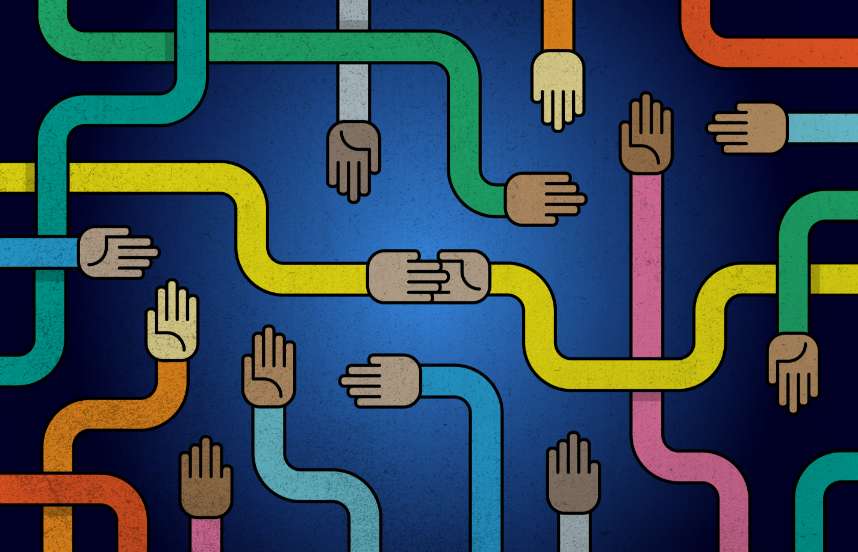
Coming Home
By Amy Leval
Amy, an American living in Sweden, shares the story of how the simple practice of offering merit on behalf of family members that she had never met opened the way for healing and reunion within her extended family.

Sending Off the Spirits of the Dead
By Temple Staff Member
In this article from a 1954 Shinnyo-en newsletter, a member of the temple staff describes an early lantern floating officiated by Shinjo and Tomoji Ito. Despite the many decades since it was written, the account will be remarkably familiar to participants of contemporary lantern floatings.
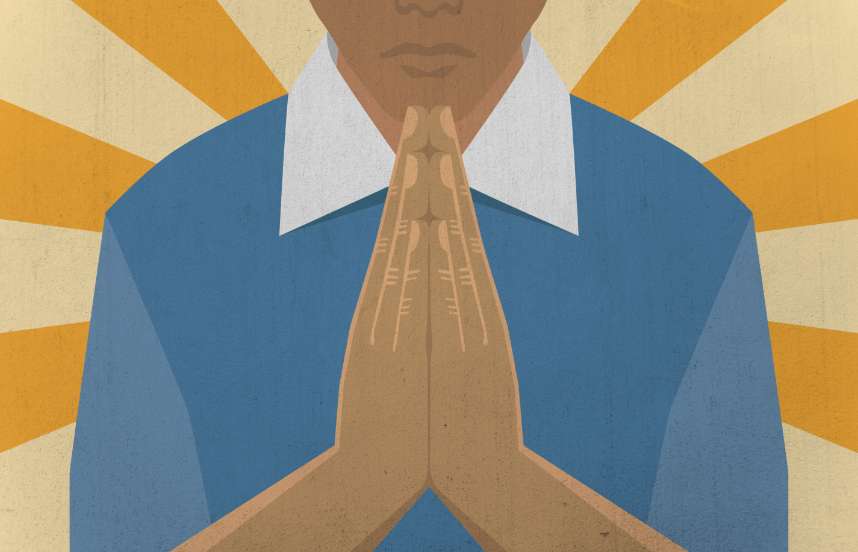
The Spirit of Gassho: Cultivating Gratitude as a Spiritual Practice
By Her Holiness Shinso Ito
Her Holiness likens living a true spiritual life to greeting others with a reverent expression of appreciation. A spirit of gratefulness for others and all that we have cultivates contentment and joy within us. It is a simple practice that we can only experience in the company of others.

Walking on My Own with Others
By Takako Masuda
Takako Masuda, whose disability once made her introverted and aloof, describes how a warm, encouraging gesture from Her Holiness helped her realize we never truly walk alone.
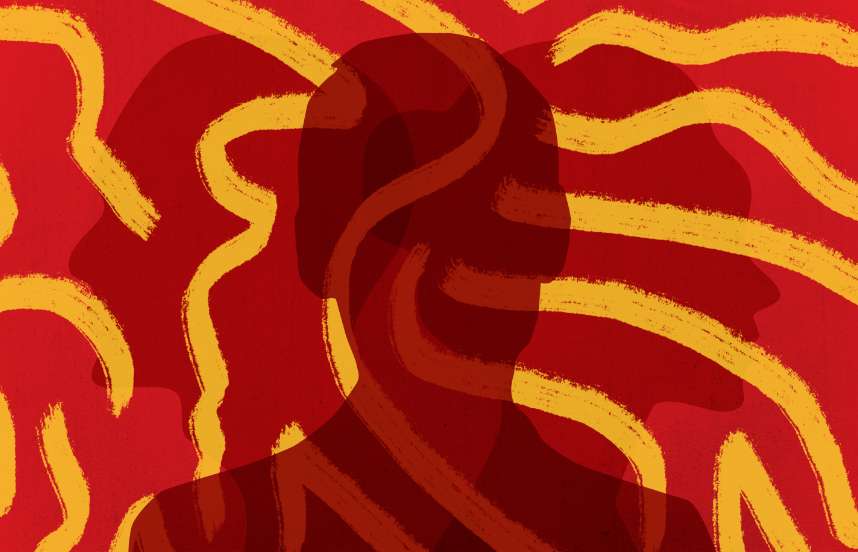
Healing Bitterness with Joy
By Tracy Yang
Tracy Yang, who lives in the United States, shares the story of her family breaking apart, the hardship of emigrating to New York with her mother, how sesshin helped her to uproot feelings of anger toward her and truly see her for who she is, and how with practice, her bitterness turned to joy.

Practicing from the Heart
By Lisa Bandiera
Lisa Bandiera, a member of the Shinnyo-en temple in Sydney, Australia, describes how sesshin invigorated her spiritual practice within her family, and how studying at Shinnyo-en has deepened and enriched her understanding of the faith tradition she was raised in.
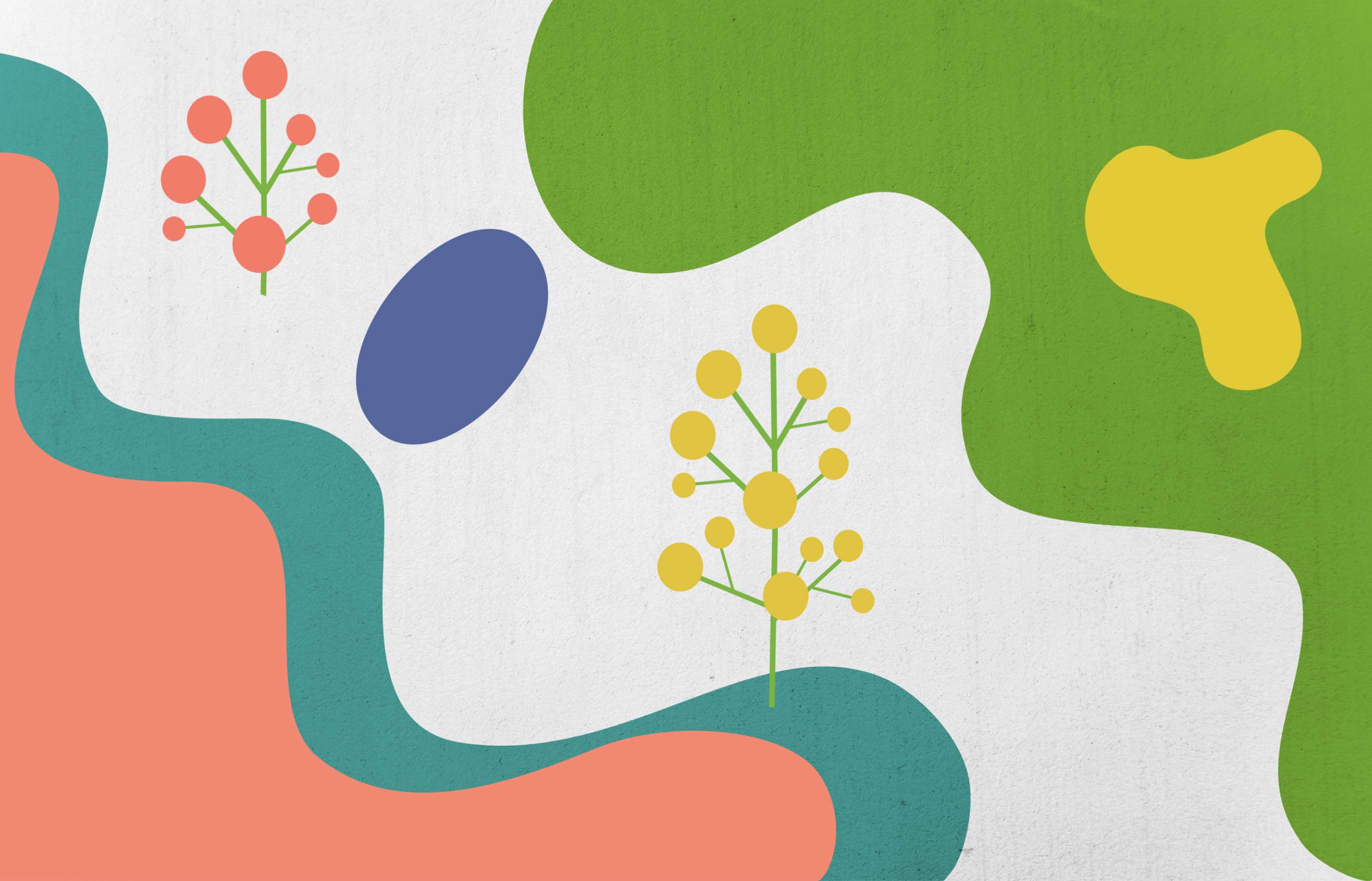
Spiritual Training in a City Full of Potential Buddhas
By Ai Yamanaka
Shinnyo-en practitioner Ai Yamanaka, from New York, finds spiritual inspiration, a happy life, and encouragement in the joyful open-heartedness hidden beneath the city’s superficial gruffness.
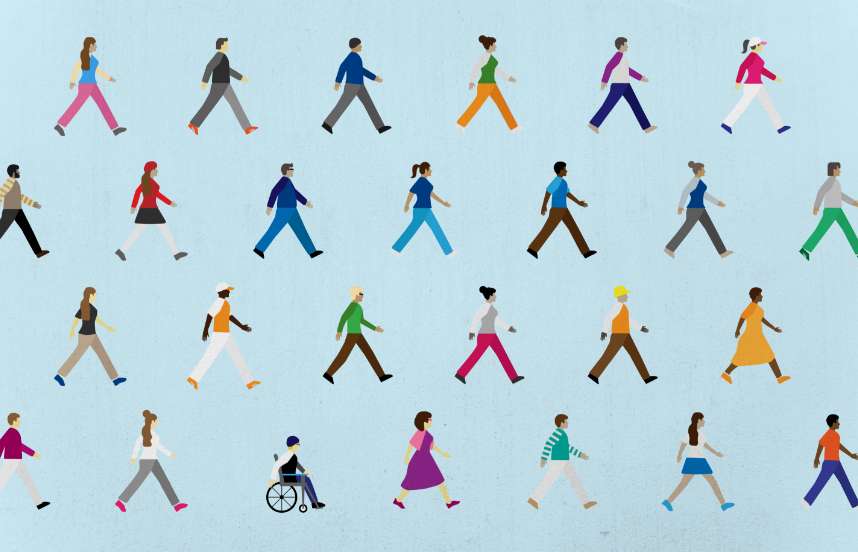
Steadfastly Walking the Path with Others
By Master Shinjo Ito
Master Shinjo Ito, the founder of Shinnyo-en, shares how the image of Achala (“the immovable one”), inspires development of a spirit of loving kindness and compassion toward others in one’s practice that remains steadfast, regardless of circumstances or recognition.
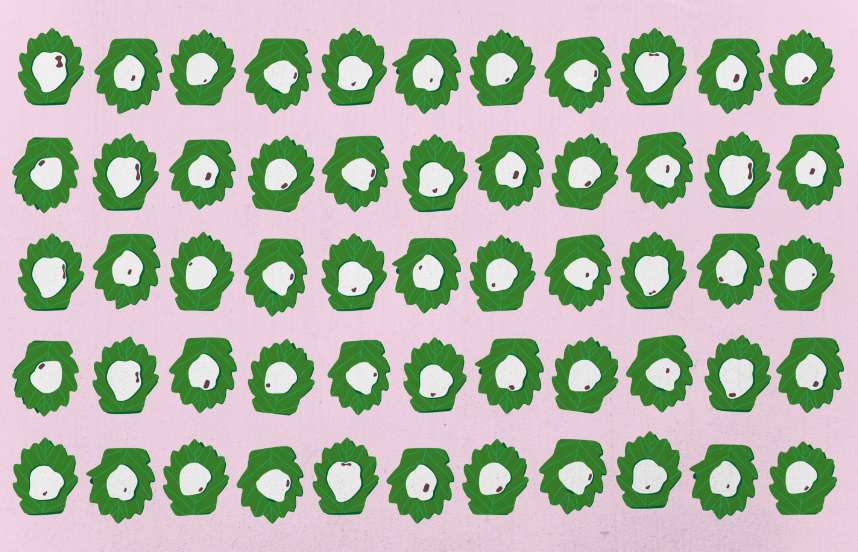
Taking What Is Left
By Her Holiness Shinso Ito
Her Holiness Shinso Ito shares a childhood memory of celebrating “Boy’s Day” with her mother, illustrating how she skillfully taught by example how to express qualities of buddhahood in everyday life.

The Longest Journey Begins With the First Step
By Robert Mize
Shinnyo-en member Robert Mize of the temple in Redwood City, California, reflects on how his practice fits into his Christian background, the healing power of mentorship and community at Shinnyo-en, and on how the long-term perspective fuels his practice of small acts of kindness.

The Transformative Effects of the Shinnyo Path
By Guillaume Riou
French practitioner Guillaume Riou shares his very personal story of practicing Shinnyo‑en, and how the simple act of praying for a cousin’s premature baby opened his heart to an estranged family member, and helped to heal the whole family.
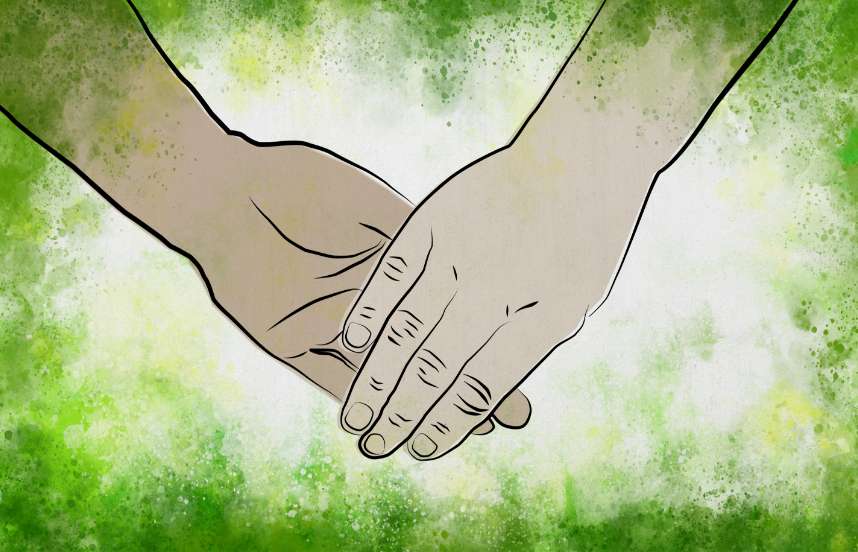
Touching Our Buddha Nature
By Mark S.
Shinnyo-en practitioner Mark, from the United Kingdom but practicing in Japan for the last 20 years, explains how getting in touch with his “buddha nature,” his natural goodness within, helped him recognize the support and friendship of others around him and really be himself.
